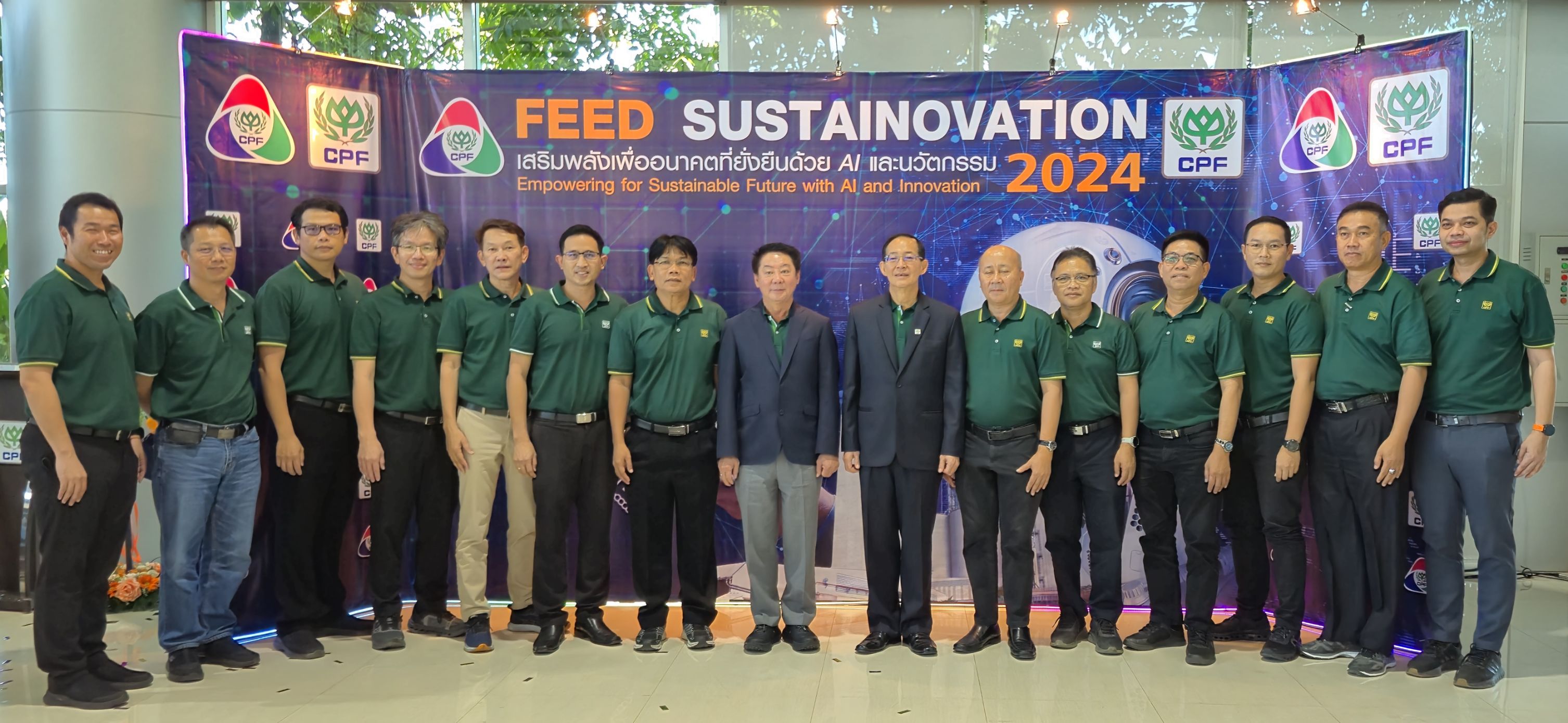

Charoen Pokphand Foods Public Company Limited (CP Foods) will increase the proportion of new healthy and nutritious products from 35% to 50% within 2030 as well as producing more sustainable innovations and projects in response to global sustainability trends.
On World Food Day on 16th October, Wuthichai Sithipreedanant, Senior Vice President for Corporate Social Responsibility and Sustainable Development at CP Foods, said that the company recently announced the new sustainability strategy "CPF 2030 Sustainability in Action" for sustainable growth in the next 9 years (2021-2030).
CP Foods, as the world's leading food producer, has committed to developing and producing food to meet the needs of consumers around the world with innovation and modern technology, delivering safe, highly nutritious food with an emphasis on environmentally friendly production processes. As a result, the company has set up new sustainability goals that address the world's critical issues such as climate change, food loss and food waste, as well as food security.
The 2030’s target included increasing the proportion of healthy and nutritious new products from 35% this year to 50%, and raising sales of low-carbon products from 20% to 40%. To achieve these goals, CP Foods has developed multiple food innovations in recent years such as Plant-Based Protein under the brand Meat Zero, probiotics animal feed , brown rice-fed Benja Chicken and omega-3-rich Cheeva Pork.
“The COVID-19 epidemic is a catalyst for global change. CP Foods strives to develop innovations in an response to the rapid changes in consumer’s demand and build food security for 35 million daily consumers with better and healthier food and beverages,” said Mr. Wuttichai.
CP Foods’ outstanding achievement in the area of innovation has been recognized with this year’s National Innovation Awards for Innovative Organisations from the National Innovation Agency.
To reduce food waste, the company has joined forces with Scholars of Sustenance Foundation (SOS) and , and GEPP Sa-Ard to cook surplus food into more than 12,000 delicious and safe meals for the underprivileged and vulnerable groups, and also encourages communities to learn how to collect and return plastic waste for proper recycle process. This project helps reduce food waste by more than 2,800 kg and greenhouse gas emissions by more than 6,014 kg carbon dioxide equivalent.








